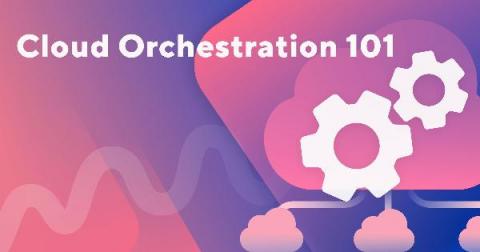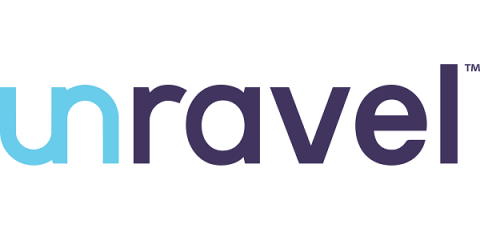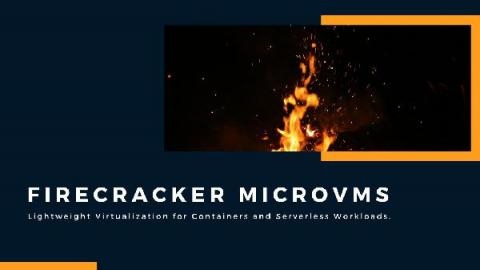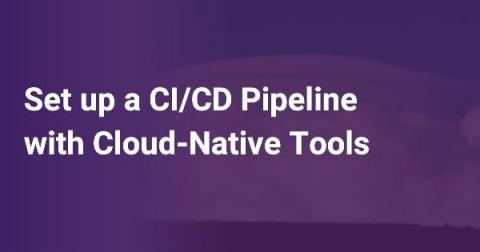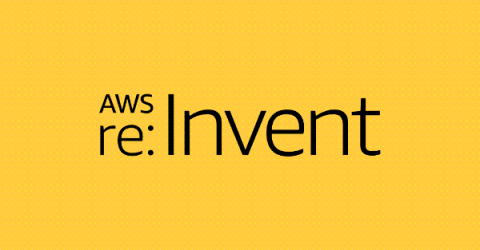Cloud Orchestration 101 | A Complete Guide for Beginners
With the expectation to become a $623 billion market by 2023, cloud computing is firmly planted in the technological field. Specifically, the more information that’s created, the higher the demand there is for quick access and manipulation of that data. Therefore, what cloud services offer to end-users is usable and essential: unlimited data storage, disaster recovery, and worldwide access.


